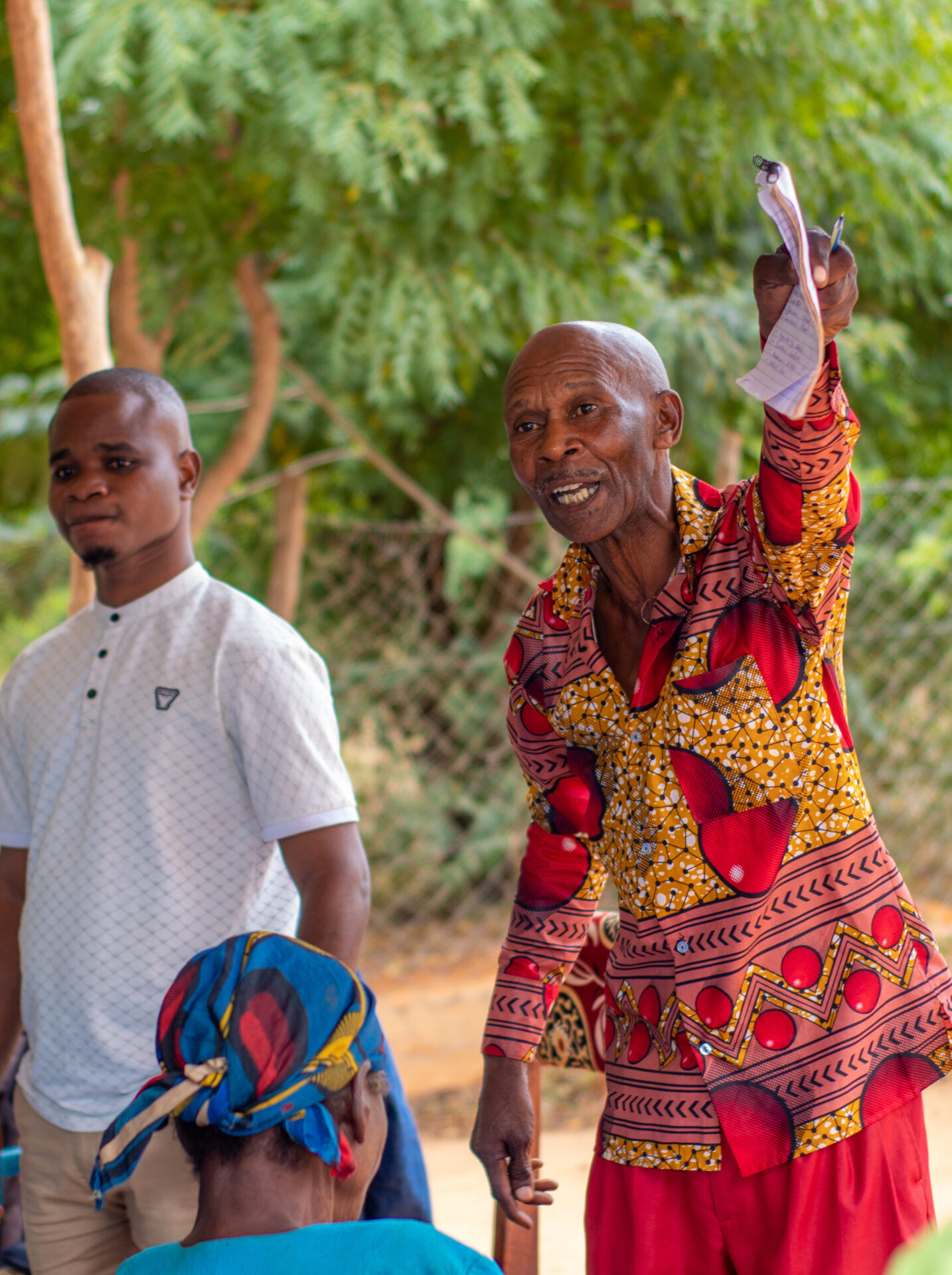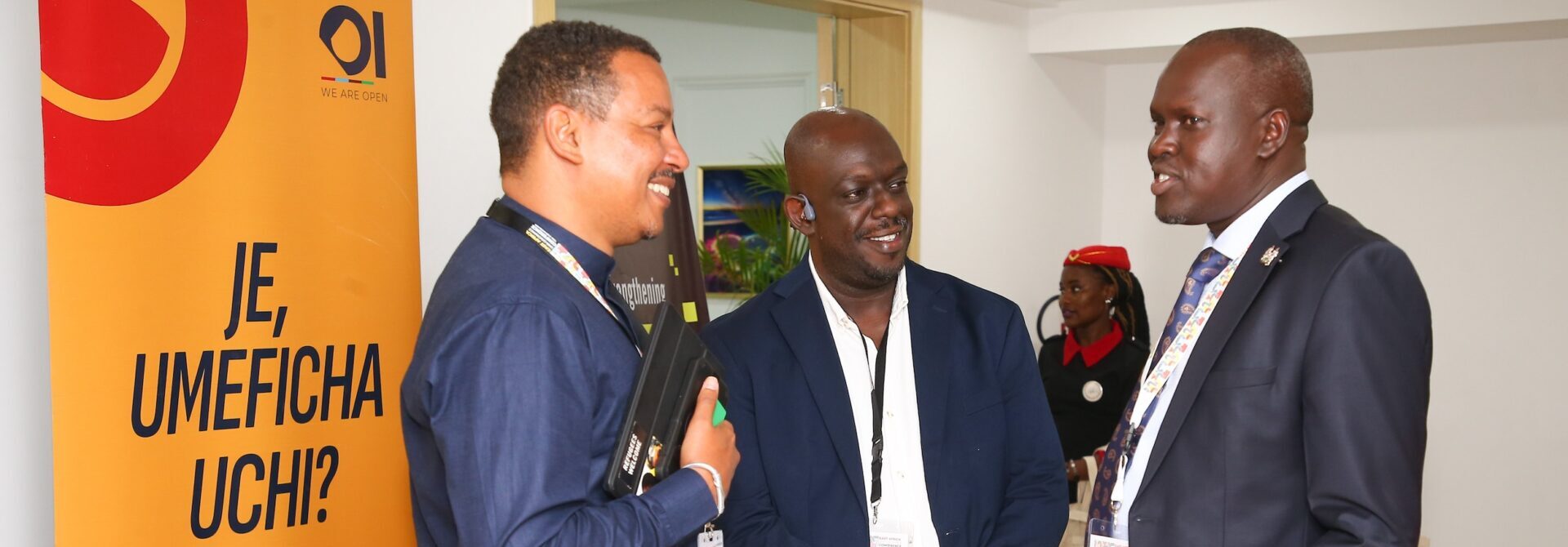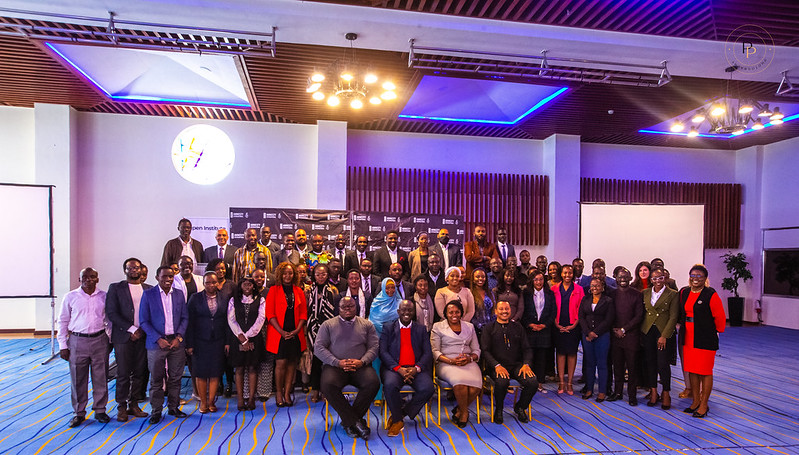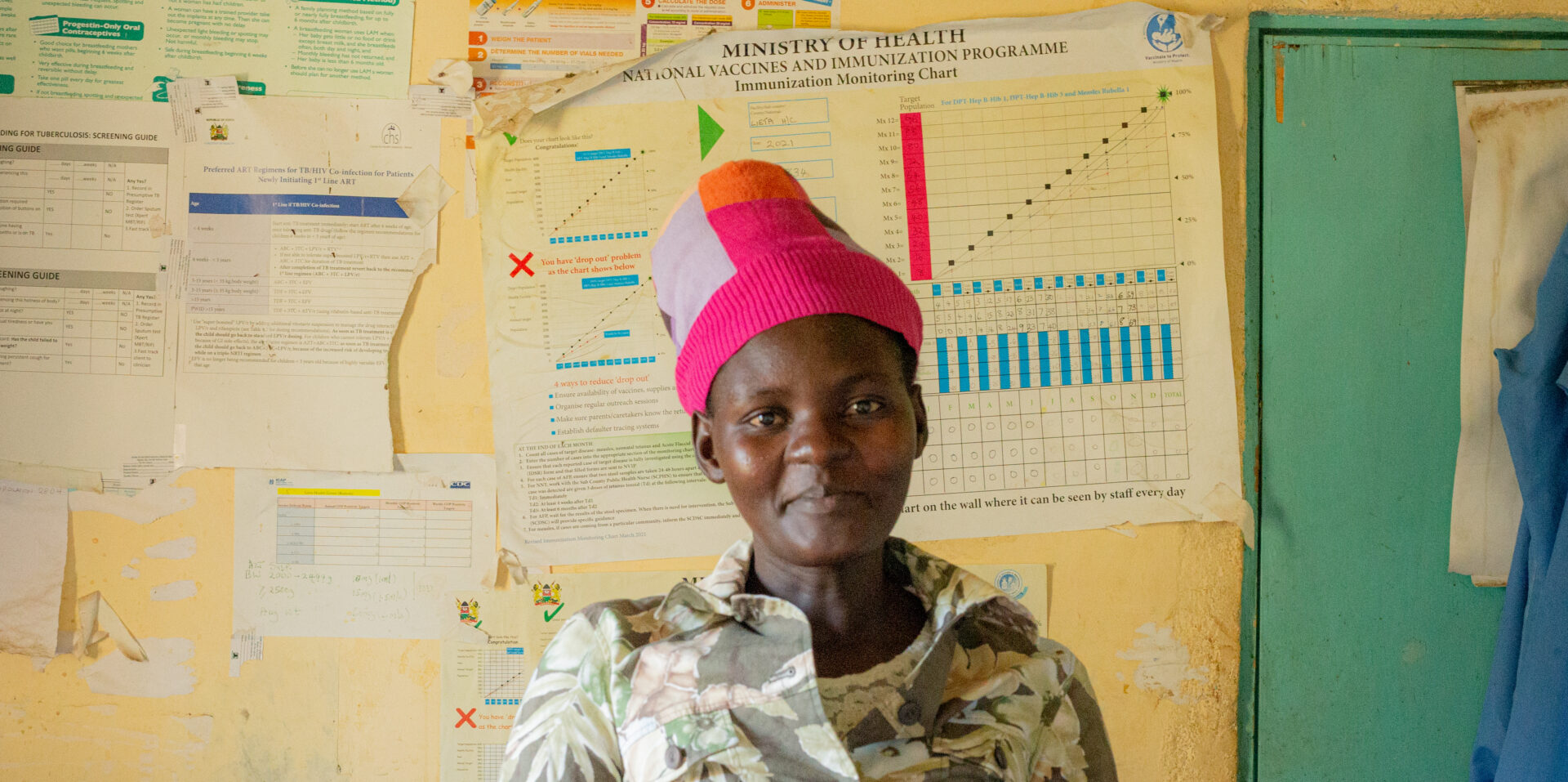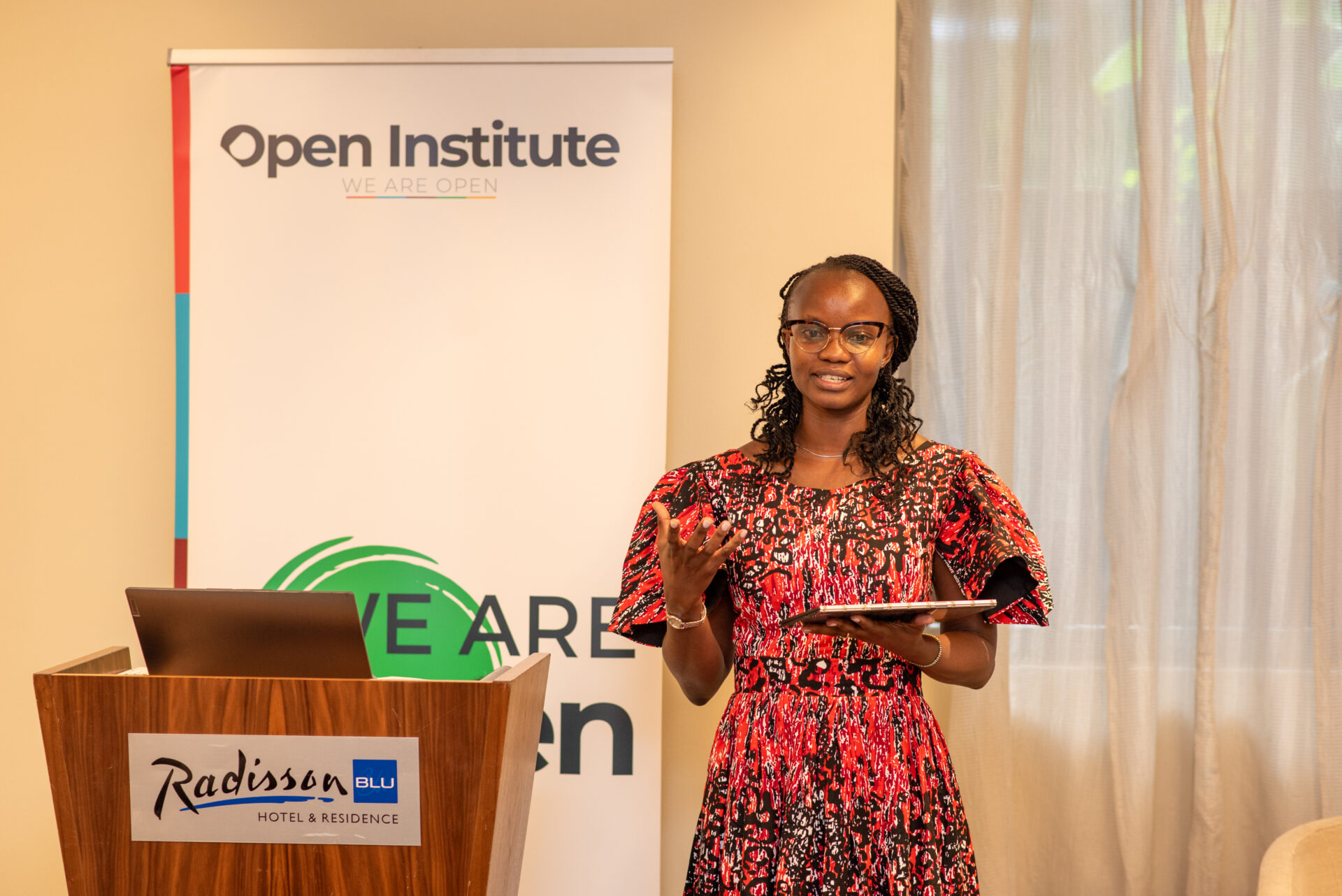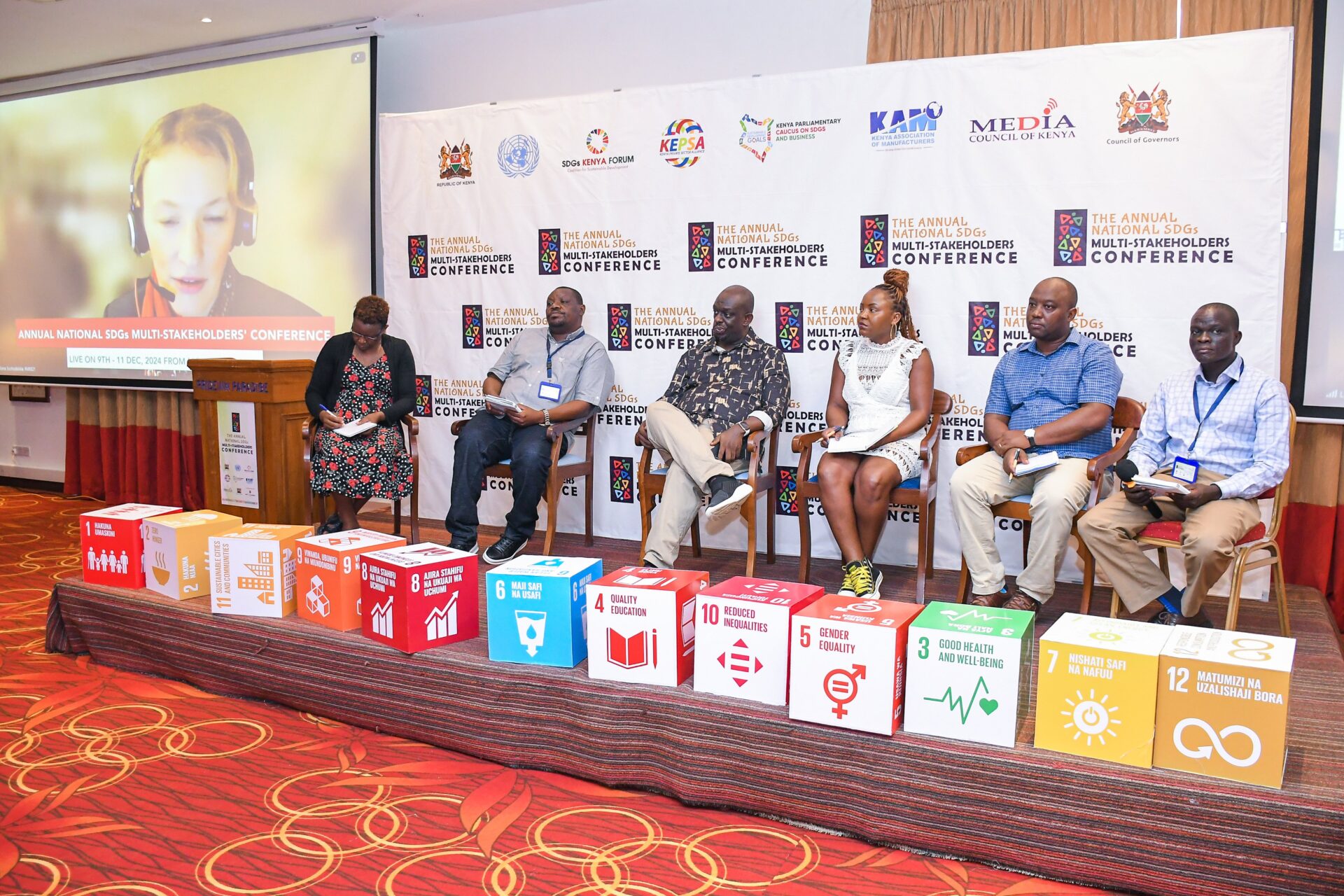The venue of this years’ United Nations SDG Action Campaign – a special initiative of the UN Secretary-General, administered by the UN Development Programme (UNDP) and mandated to support the UN system-wide and the Member States on advocacy and public engagement in the SDG implementation, was held at the World Conference Center Bonn, Germany. Bonn, the former West Germany capital, which has a rich culture of a small city, packed with informative museums, interesting architecture, and an impressive array of German food and drink, was my base for the 3 day (21st -23rd March 2018) colorful and energy filled festival.
The Global Festival of Action for Sustainable Development is the world´s annual event to celebrate, empower, and connect the global community driving Action for the Sustainable Development Goals. The Festival connects an inspiring mix of business leaders, activists, UN representatives, academia, governments, innovators, global organisations, and the media from across the globe.
Over 1,500 participants from more than 100 countries convened at the festival providing a dynamic and interactive space to showcase the latest innovations, tools, and approaches to SDG action and connect organizations and individuals from different sectors and regions to exchange, build partnerships, and make the impact of their solutions scale.
The conference area was filled with activities with at least six sessions happening every 2 hours. The participants were spoilt for choice as there were expectations of great discussions ranging from ‘How to’ Sessions to high level discussions that captured mindsets of technocrats and business persons.
The first day started with an opening ceremony filled with pomp and excitement. The participants were also told of the finalists that had been shortlisted from over 700 projects, initiatives, networks and people which had been submitted. The submissions were evaluated against the degree to which actions were deemed to be transformative, inclusive and impactful. The categories were on greatest innovators, mobilizers, connectors, storytellers, communicators, visualizers and includers;
Finalists were given an opportunity to give a 90 second elevator pitch that was to let the audience know what the project was about, the impact and the future plans should we win and why the project should be considered as a winner.
As the finalists were called, one after the other, I got to hear the amazing work that was being done by them. The Includer category award winner – Youth Power Accountability Advocates / Restless Development (Ghana) – piqued my interest as the work they did was focusing on community teenagers, where they provided Comprehensive Sexuality Education (CSE) to over 1,100 teenagers and educated 40 rural mothers on maternal health in Ghana. Some of the girls who benefitted from the education and services were able to avoid pregnancy and stay in school. This was tangible impact. The founder of Mr. Richard Mawutor Dzikunu stepped up and drove the participants to the emotional journey of his initiative. His work like ours focused on the grassroot communities to alleviate challenges and empower the locals. GGLI focuses on empowering grassroots citizens to making better decisions based on data. Open Institute believes that the SDGs will be best achieved from the grassroots having citizens engage in developmental activities and using data to make fact driven decisions.
Suddenly it was our turn to talk about the amazing work that Global Goals for Local Impact was doing and the impact it was delivering and we delivered our 90 second pitch.
Hello,
One of our main programmes at the Open Institute is the Global Goals for Local Impact. The purpose of GGLI is to test and demonstrate that the Sustainable Development Goals are best achieved at hyperlocal level – village by village, county by county.
We implemented the initial pilot in the County of Nakuru in Kenya in a location called Lanet-Umoja. A location is the smallest administrative unit of the central government. Our aim was to work with the local administration and the community to test our methodology, that when Citizens understand the SDGs and THEY decide which are THEIR priority goals, they can then organise to collect data on those goals to better understand their needs and priorities.
In this first pilot we gathered data from each of the 12,500 households relating to the 5 goals that they thought are most relevant to them. Through the data, they identified clean drinking water as a top need for their households. They also identified the urgent need for a medical center. Working with a non profit organisation, Start with One, to fundraise for water filters for all of the 12,500 households, the community achieved SDG 6.1. They advocated for a medical center from government and got it. We are currently replicating the model to 12 locations that’s approximately 200,000 households as well as working with the government to mainstream our model nationally.
We have proven our methodology and now know that WHEN citizens are empowered to use data as a catalyst, they can better participate and make better decisions to improve their lives and their communities. This is why we feel we deserve to win.
Thank you.
Later in the evening, the award ceremony was held in the plenary hall and the award winners were announced. The different categories and winners were;
- MOBILIZER – SDG Youth Morocco (Morocco)
This award went to the team that demonstrated greatest successes with mobilizing citizens or volunteers to act for the SDGs. - STORYTELLER – Daughters of Bangladesh (Bangladesh)
This award went to the team that captured powerful human stories to help communicate the importance of the SDGs to people’s lives. - COMMUNICATOR – SDG Voices (City of Ghent, Belgium)
This award was for the most creative or impactful communications campaign (local/national/international) to raise awareness about the SDGs and/or people’s voices and role in SDG action. - VISUALIZER – Global Goals for Local Impact / Open Institute (Kenya)
This award went to the most innovative or impactful use of MY World or other citizen voices data to communicate with government or the public. - INNOVATOR – “Creative Youth Initiative Against Corruption (CYIAC) Corruption Busters” (Nigeria)
This award goes to the most creative and innovative use of new technologies for communicating SDGs. - CONNECTOR – Unreasonable Goals (USA)
This award goes to the team/person with that demonstrates innovative or impactful ways to bring multiple stakeholders together, or building networks, towards SDG Action. - INCLUDER – Youth Power Accountability Advocates / Restless Development (Ghana)
Leave No One Behind – This award goes to the group who make the most extraordinary and impactful effort to ensure that excluded groups become part of the SDG dialogue and implementation in their community. - THE PEOPLE’S CHOICE – Road to Rights (Sri Lanka)
The participants had the opportunity to vote for the favorite finalists
It was an honor to have received the VISUALIZER award. The emotion of excitement and humility engulfed me as my name was called.

Jubilant and amazed Benjamin Charagu of Open Institute with the SDG Action Award – Visualizer [Photo Credit: UN SDG Action Award]
Good Evening Ladies and Gentlemen. On behalf of the Open Institute I would like to firstly thank the United Nations Development Program for this honor.The work that we do, while very fulfilling, can be faced with many challenges and its always great to be recognized for our achievements. It keeps us going.
A few years ago we recognised that in order to achieve the SDGs by 2030, it is important to involve the communities at the grassroots, the people who will benefit the most. The Global Goals for Local Impact Project was born to address this and it has been a journey of learning ever since. Working together with the communities and local administration we have been able to create a model that is making a real impact in people’s lives as we journey towards achieving these goals.
Getting to this place would have not been possible without the hard work and dedication of my colleagues at the open institute, our funders and partners, the local administrations and most importantly the communities that we work for… and we dedicate this award to them…if it was not for their commitment and daily struggle to achieve a better life for themselves we would not be receiving this award.
To all those that were nominated you are all winners and we recognize your work as we move closer to achieving our common goal…. making a positive change in people’s lives.
Thank you and God Bless
As I settled back to my seat and shaking hands to the new found friends, I realised that the award had a heavier burden than I had thought. It dawned on me that now the world was watching and following the work we were doing. Will we exceed the expectations or will we fail?
GGLI has several potential challenges and we were working hard to navigate through them;
- It is important that the communities have clear communication and leadership structures. In absence of these structures the data may be returned incomplete and in most cases after a predetermined period. This in effect will result in resource wastage, delays in decision making and outdated data.
- It is critical to ensure that the community does not think that the work they are doing has a monetary return. By volunteering and participating the community members take ownership of the challenges, resources and the decision making as to the allocation of those resources. They also engage and initiate projects that are of benefit to them.
- Political awareness of the leadership is also important. In most cases, where influential leaders in the community do not buy in to the work that is being done, they may poison the rest of the community and make it hard to progress.
This award was all because of the hard work that the Open Institute team, the location administrators and most of all the community members who tirelessly saw to it that the lessons and experiences learnt along the way materialised for the better. Having done the first pilot in Lanet Umoja (12,500 Households) nearly 2 years ago, the teams were already preparing to replicate the model to 12 locations with approximately 200,000 households. As exciting as this is, a lot of planning and preparations has to be done to ensure that the communities benefit most, lessons learnt are well documented for sharing to the wider community, and the challenges encountered along the way are addressed and the model tweaked to make it better to have a greater impact.
The rest of the days were packed with a beehive of activity, where participants moved from one session to the next making the best of every opportunity to learn and engage with the amazing presenters and audiences. My interests during this period were;
- Localizing SDGs: Impact and opportunities for local governments;
- Cities and citizens: cooperating on the Global Goals
- The Power of the Collective: Leave No One Behind
- Business Innovation for the SDGs
In the evening a boat ride was organised as part of the event, that gave great opportunity for networking and socializing. Participants were treated to an amazing dinner on the MS Rheinenergie which is the largest ship in the Rhine-in-Flammen fleet with capacity of 1,500 people.
There were dishes from different parts of the world, then there was dancing. Truly no one was left behind in this exciting experience. Four hours later after the tour along the Rhine river the boat came back to dock. There were more than 1,000 people within the walls of the vessel and one could not help but think about the common interest which was the delivery of SDGs. These people, from various parts of the world, were representing hundreds of others back home and they were all working hard to see to it that the 2030 agenda will be achieved.
We said our byes to the new acquaintances as we exchanged contacts promising to build on the new friendships and promising partnerships.
The third and last day, saw the event end with presentations from different participant groups and while others show-cased social media advancements that would assist in communication.
Though it was a short period of time, the event was full of learning and rich in engagement opportunities. As we look forward to next years event, we wonder, what new and impactful stories will we tell? Will we meet new people next year or will this event have the same clique of participants? Will we hear from the nations that weren’t represented in this years event?
Auf Wiedersehen









